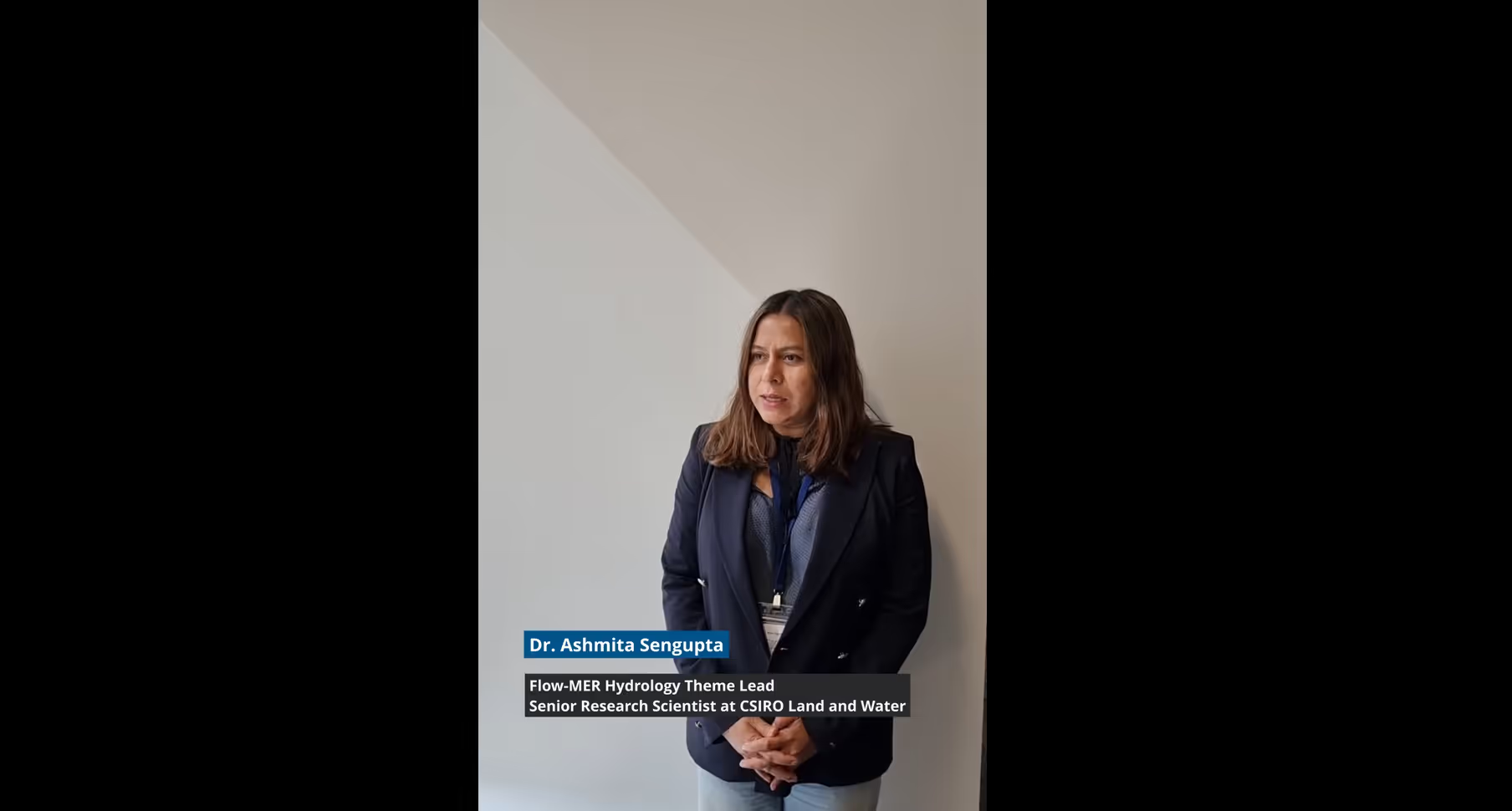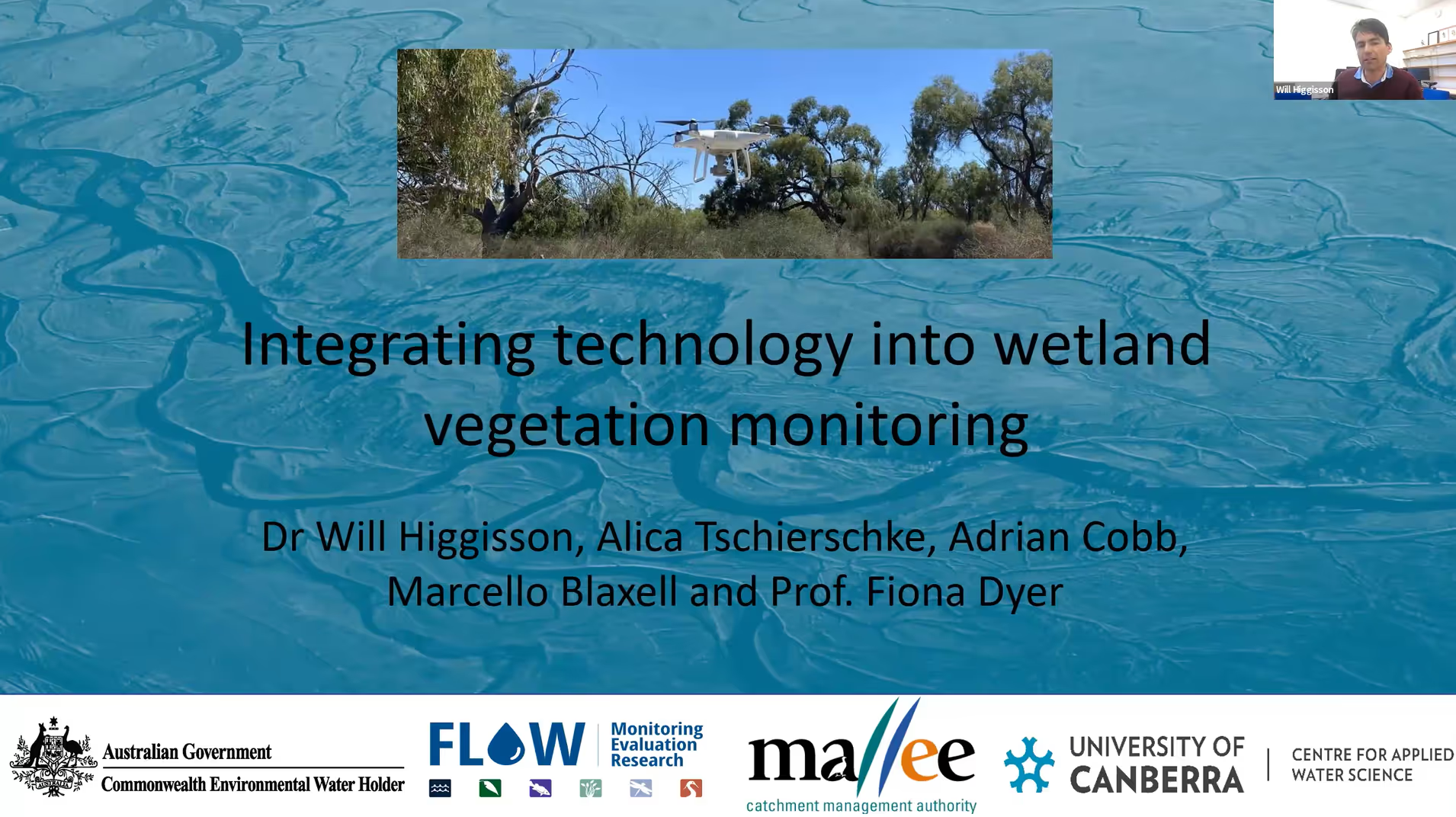
The Flow-MER Program plays a critical role in supporting the work of the Commonwealth Environmental Water Holder. As the Flow-MER Program enters its next five-year journey, this presentation will reflect on the success of ten years of continued investment in science, while looking to the future under the next phase of the program.


















































































